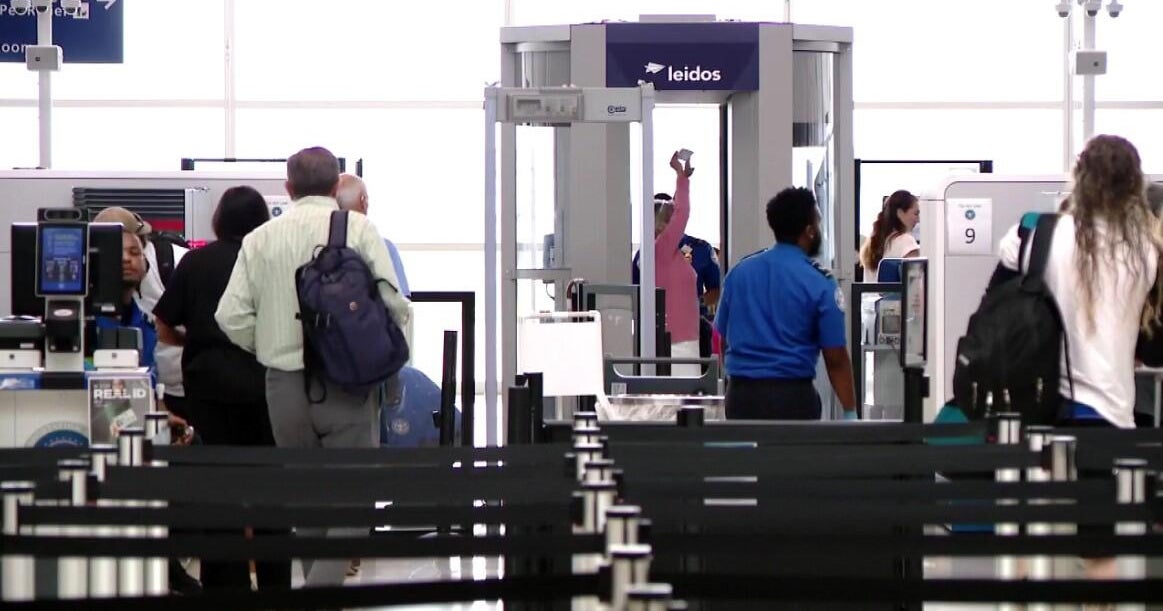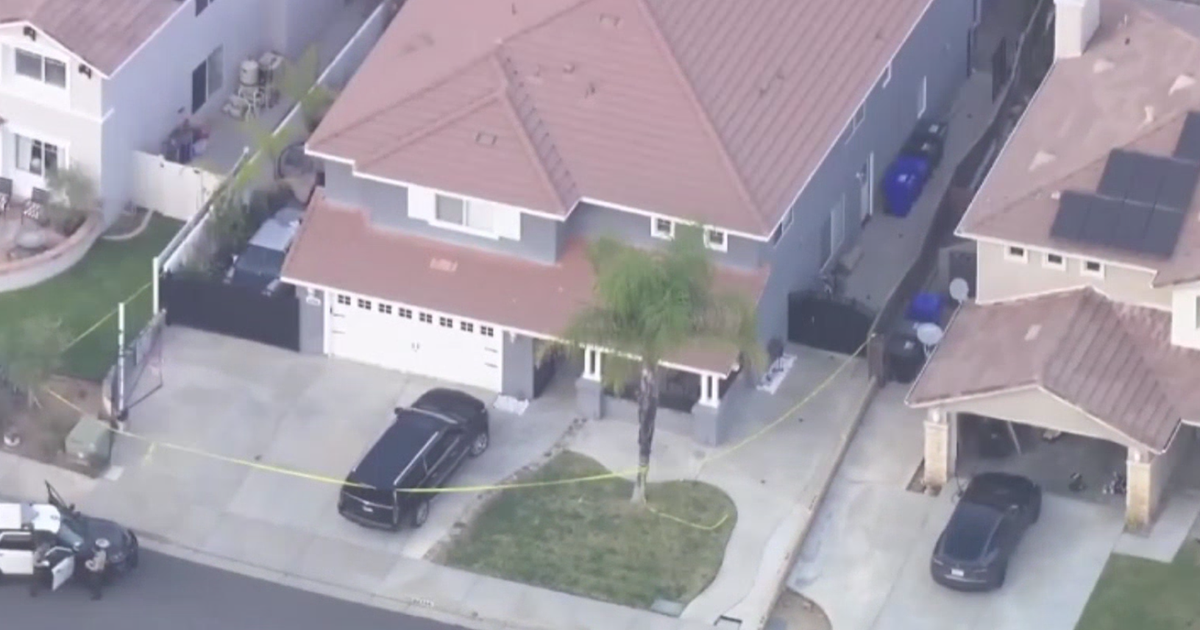Good Question: Why Do CEOs Get Paid So Much To Leave?
MINNEAPOLIS (WCCO) - Most of us are lucky to get two weeks' pay if we get fired.
But when a CEO gets the axe, or resigns to avoid being fired, he or she often walks away with millions in severance.
Why do failed CEOs get paid so much to leave?
Best Buy's former CEO Brian Dunn resigned after the board started investigating him for having an inappropriate relationship with an employee.
He got $6.6 million in his severance package, according to the company, including a severance payment of $2.85 million.
Larry Morgan, owner of Orion HR Group, explains this head-scratching scenario.
"It's a really complex issue and unfortunately there isn't an answer that's gonna make anyone happy," said Morgan.
Morgan is a longtime compensation analyst for major corporations, including Lawson Software, National Car Rental, and Best Buy.
Morgan was commenting generally about compensation packages, and not specifically about the package offered to Brian Dunn, because of his prior relationship with the company.
According to Morgan, the most obvious reason that CEOs walk away with big settlements is because these exit deals are laid out in their initial employment contracts.
Why aren't the companies driving a harder bargain, why are they allowing these things in there?
"Often they do drive a hard bargain, but in exchange for getting the top talent to drive the company forward, they need to pay large dollars," said Morgan.
And severance packages are part of that deal.
Most CEOs have a severance deal if they're dismissed without cause and no severance if they're fired for cause, but often times the exit is negotiated so both sides can save face.
But companies also like having these severance agreements.
"They want to avoid public scrutiny, they want to avoid prolonged legal action, they want to get back to the business at hand," said Morgan.
A lawsuit can air a company's dirty laundry, and without a clear separation agreement a CEO could theoretically take all his or her personal knowledge of confidential company information to a competitor.
Finally, shareholders benefit from these severance payouts as well.
"If there's a prolonged or protracted legal action, they're gonna end up hurt in the long run," said Morgan.
Take the Best Buy/Brian Dunn package. If a legal battle or a prolonged fight led to a drop of two cents in the company's share price, that would cost Best Buy shareholders a total of $6.84 million dollars. Just a two cent drop!
"It's really in everyone's interest, but everyone has a lot of heartburn around it," said Morgan.
From Best Buy
Dunn's exit package included:
• Previously earned FY2012 bonus: $1,140,000
• Previously awarded and reported restricted stock grants of 131,876 shares, valued at close of business on Friday, May 11, 2012, ($19.28 per share), totaling $2,542,569
• Severance payment of $2,850,000
• Compensation for unused vacation: $106,742
Using the May 11, 2012, stock price for calculation, the estimated total value of the severance package is $6,639,311.







